Arbroath RNLI could be plunged into crisis after charity chiefs reversed a promise to equip the Angus station with a state-of-the art £2.5 million all-weather lifeboat.
The outcome of a major lifesaving review will see a jet-propelled Shannon-class head to one of Scotland’s busiest stations at neighbouring Broughty Ferry.
And instead Arbroath will receive an open Atlantic 85 rigid inflatable boat (RIB).
Last October, RNLI bosses revealed the plan to downgrade the current all-weather capability of the two stations.
But they say the changes will enhance the will enhance the ability of local crews to save lives at sea.
And they reflect the changes the RNLI has seen in water use across the stretch of coastline.
“It is vital that we continue to evolve so we are fit for the future,” said RNLI Head of Region for Scotland, Jill Hepburn.
The review outcome was delivered to the two stations on Friday.
And the decision has been met with anger by senior figures at the Angus station, who say they will walk away from the rescue charity.
Operations manager Alex Smith launched a furious broadside at the organisation.
“This is exactly what myself and the crew feared – but it does not make it any easier to take,” said the former fisherman.
He has given more than 20 years of service to the RNLI, the last 14 as operations manager at Arbroath.
“They haven’t told us anything about the justification behind the decision.
“But an open RIB is entirely unsuitable for a station like Arbroath.
“I will have no part in putting our crew out in the open North Sea in bad weather in a boat like that,” said Alex.
“One of our DLAs (deputy launching authority) Ian Swankie is as shattered by this decision as I am.
“Between us we have more than a century of experience of the waters around Arbroath, as fishermen and through the lifeboat.
“It seems they have been prepared to just completely ignore that experience.”
RIB shortcomings
The 35-knot B-class Atlantic is one of the RNLI’s fastest boats.
“It’s fast, but it’s an inshore RIB and it is replacing an all-weather lifeboat,” said Alex.
“An Atlantic 85 won’t be able to go out as far as the Bell Rock (lighthouse) in severe weather.
“And in the last couple of months we have had three shouts to Seagreen (offshore windfarm) which is 26 miles away.
“They say we’ll be covered by our flank stations of Montrose and the Ferry, which will both have Shannons.
“They will take the time to get to a shout we can’t get to.
He added: “For the best part of a decade we have been promised a Shannon.
“That was verified three times up to 2019 by the board and trustees.
“We’ve been given no proper explanation of why that has changed.
“I just feel there has been no transparency or honesty through this.
“And the final outcome is what we thought it would be – we are devastated.”
Morale at rock bottom
“I worry about what this will mean for Arbroath station – it’s a decision which has left morale at zero.
“This is one of the oldest stations in Scotland,” Alex added.
“It has one of the proudest histories of saving lives.
“But, like Broughty Ferry, it is also one which has seen very dark days,” he added.
Both Tayside station suffered tragedy with the loss of crews in the past – Arbroath when the Robert Lindsay capsized in 1953 and the Ferry through the Mona disaster of 1959.
Alex added: “This decision has hurt everyone associated with Arbroath RNLI.
“I have guild members nearly in tears – they feel they have been badly let down by the RNLI.
“But the other thing this did was pitch two stations against each other and that is not a good thing.
“Whatever the reasons behind this decision – and we’re still to be told them – the RNLI has a major job on its hands to restore Arbroath’s faith in it as an organisation.”
The RNLI reasoning behind the decision
RNLI Scottish chief Jill Hepburn said: “The addition of an Atlantic 85 and Shannon-class lifeboat to support the current D-class inshore lifeboats on station will see Tayside and Angus boast the most up-to-date lifesaving craft in the RNLI fleet.
“The Atlantic 85 lifeboat safely serves 106 lifeboat stations around the UK and Ireland, including Stonehaven and Macduff further north on the east coast of Scotland.
“With a top speed of 35 knots, the Atlantic 85 is much faster than both the Mersey and the Shannon Class all-weather lifeboats; it can reach casualties more quickly and it also has a better coastal capability.”
Jill continued: “The RNLI is continually reviewing its lifesaving capabilities around the coast of the UK and Ireland, to make sure we have the right boats and equipment in the right places to enable our crews to save as many lives as possible.
“The input from both lifeboat stations throughout the review has been key in helping us understand the bigger picture and I would like to thank them for their contributions and all that they do in saving lives at sea.
“As the RNLI approaches its 200th anniversary it is vital that we continue to evolve so we are fit for the future.
“The commitment we are making today to invest in the replacement of lifeboats in Arbroath and Broughty Ferry with two state-of-the-art vessels will undoubtedly improve the service we provide to Tayside and Angus for years to come.”
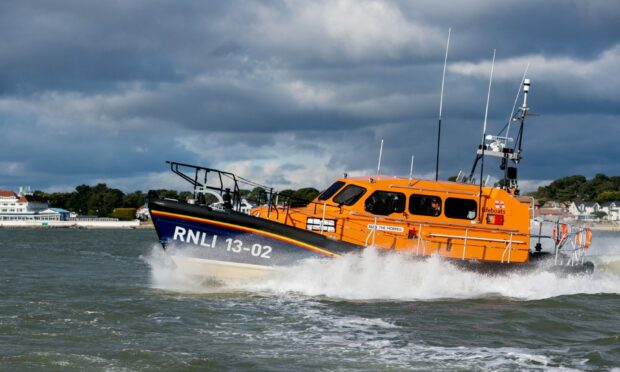
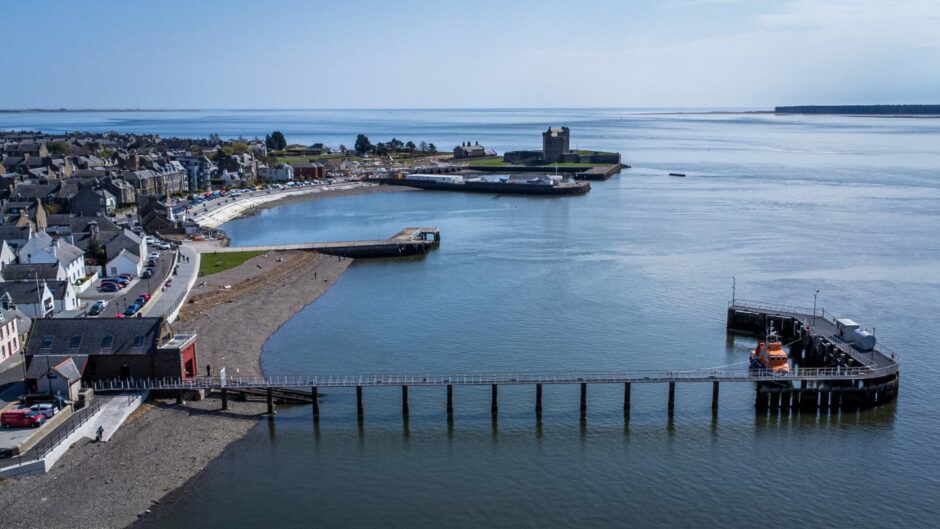
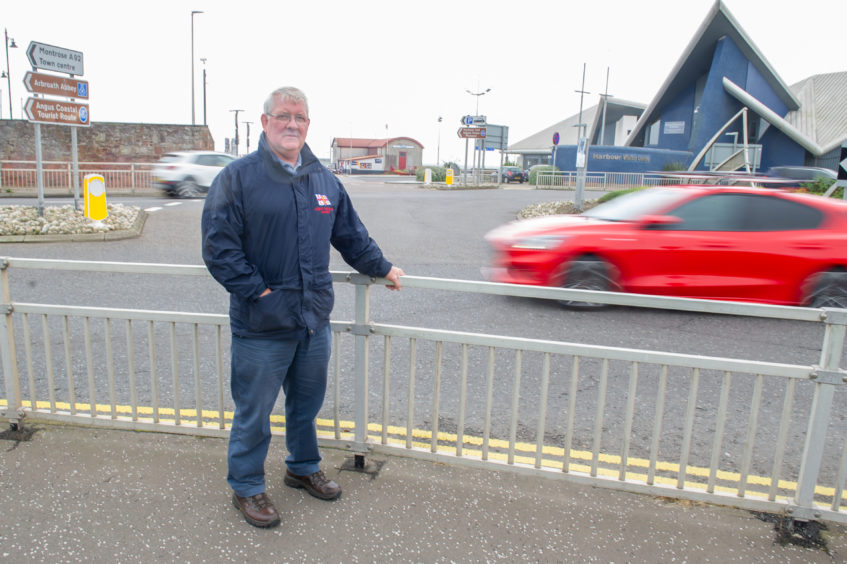
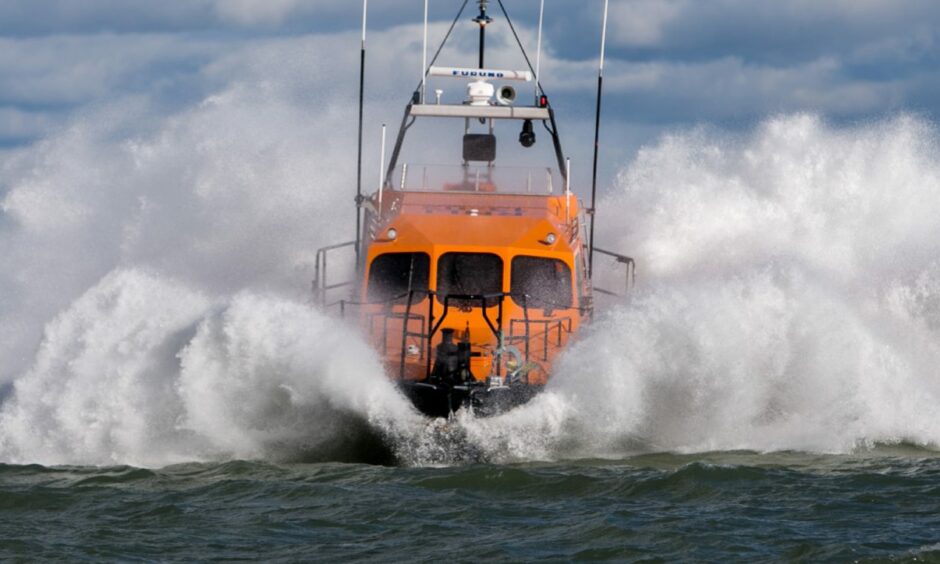
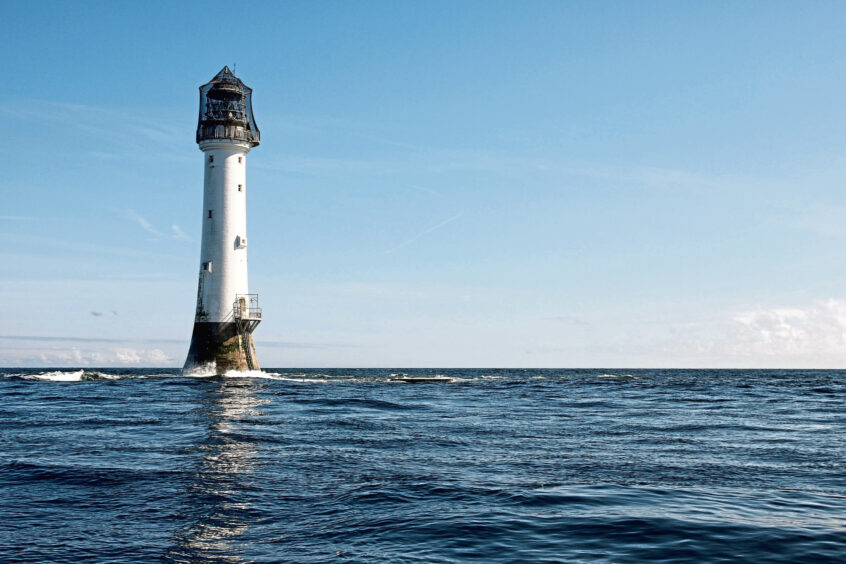
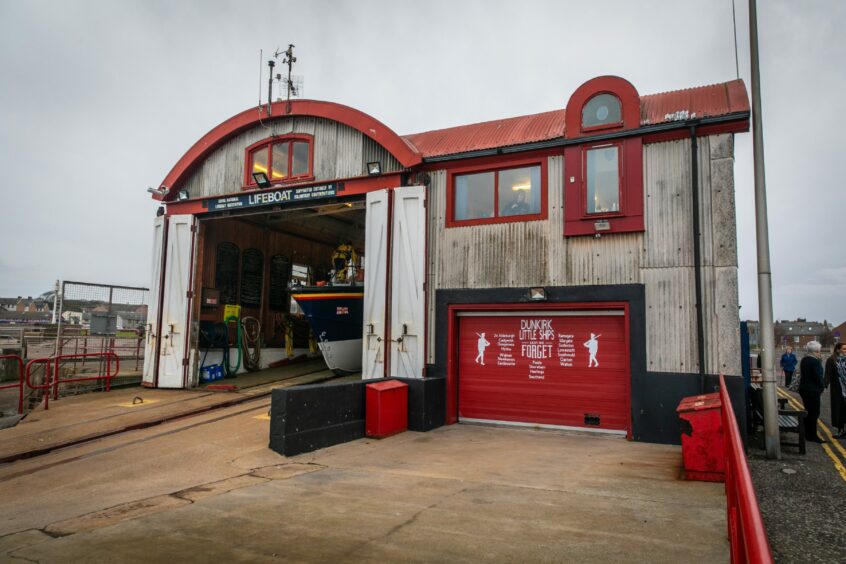


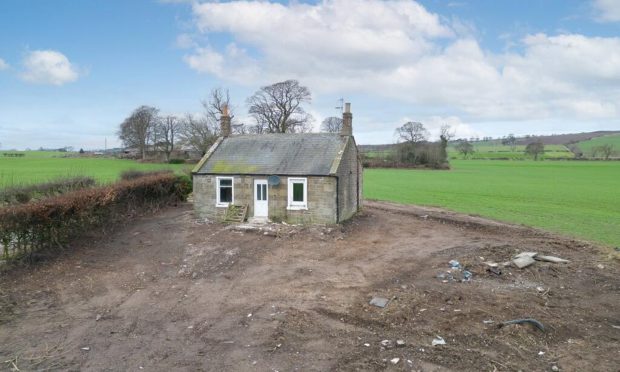






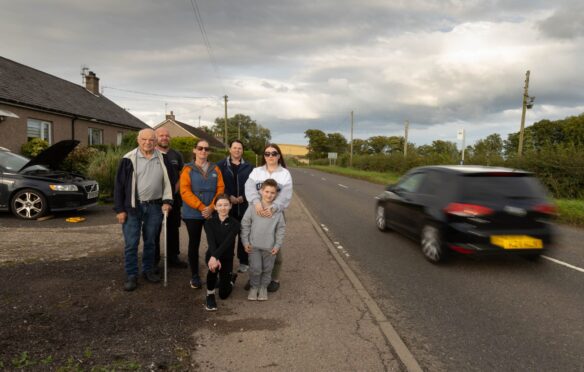
Conversation